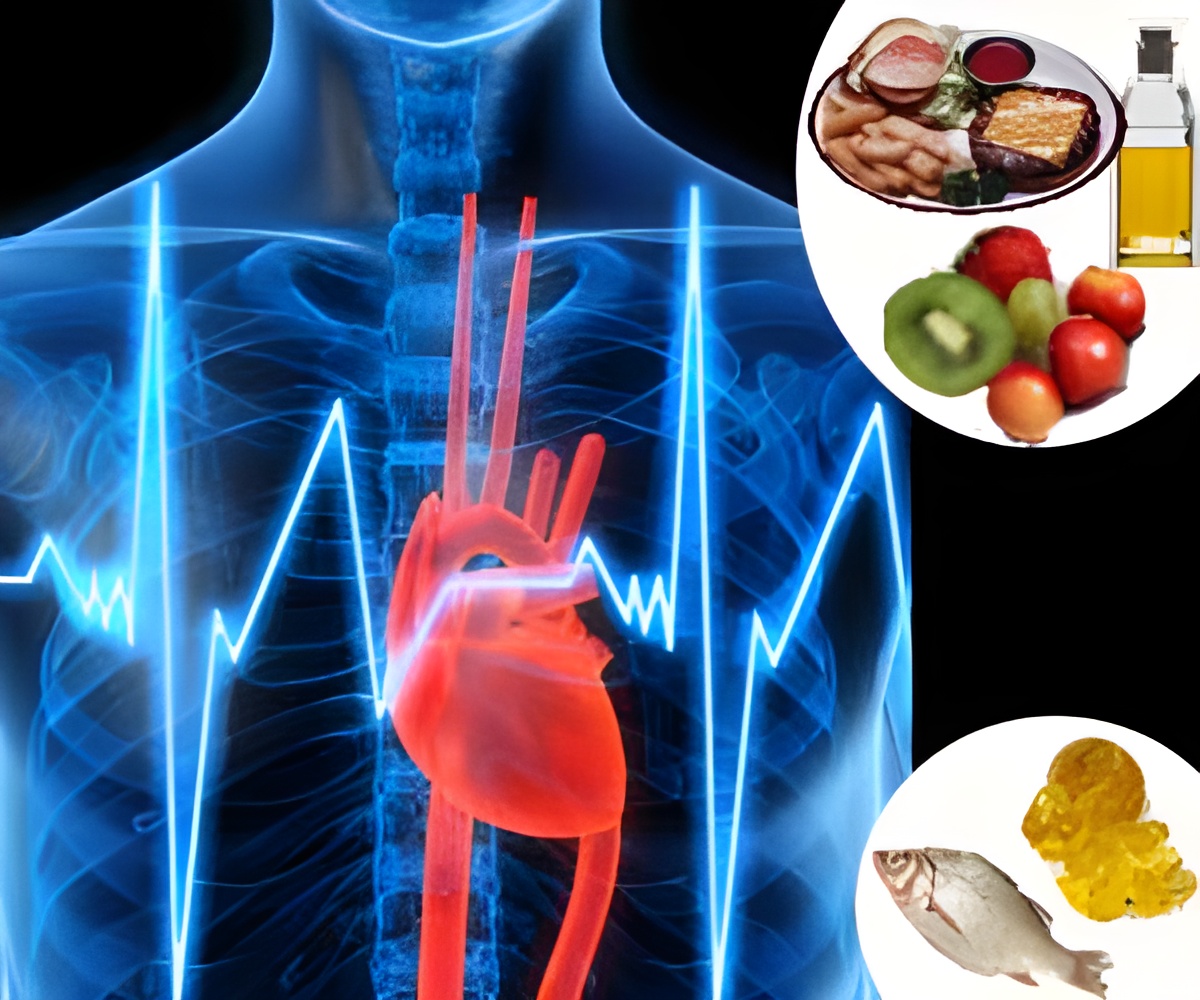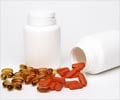The widespread use of nanoparticles in dietary supplements could not only affect our digestive system but could also lead to the release of harmful substances.

But as nanoparticles increase in use, so do concerns over their health and environmental effects. Consumers might absorb some of these materials through their skin, and inhale and ingest them. What doesn't get digested is passed in urine and feces to the sewage system.
The scientists tested the effects of eight commercial drinks containing nano-size metal or metal-like particles on human intestinal cells in the lab. The drinks changed the normal organization and decreased the number of microvilli, finger-like projections on the cells that help digest food.
In humans, if such an effect occurs as the drinks pass through the gastrointestinal tract, these materials could lead to poor digestion or diarrhea, they say. The researchers' analysis of sewage waste containing these particles suggests that much of the nanomaterials from these products are likely making their way back into surface water, where they could potentially cause health problems for aquatic life.
The study is published in the journal ACS Sustainable Chemistry and Engineering.
Source-ANI
 MEDINDIA
MEDINDIA



 Email
Email










